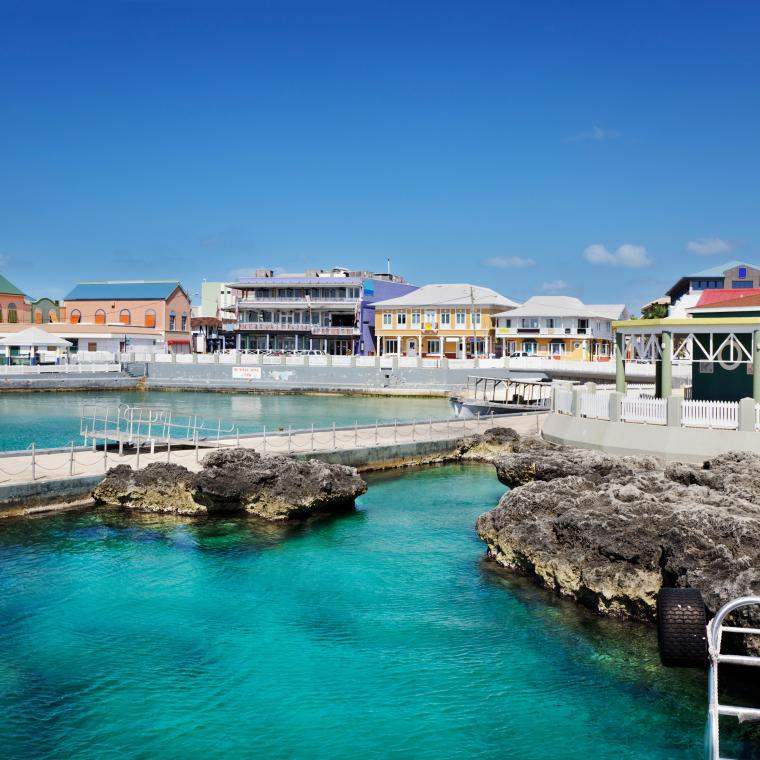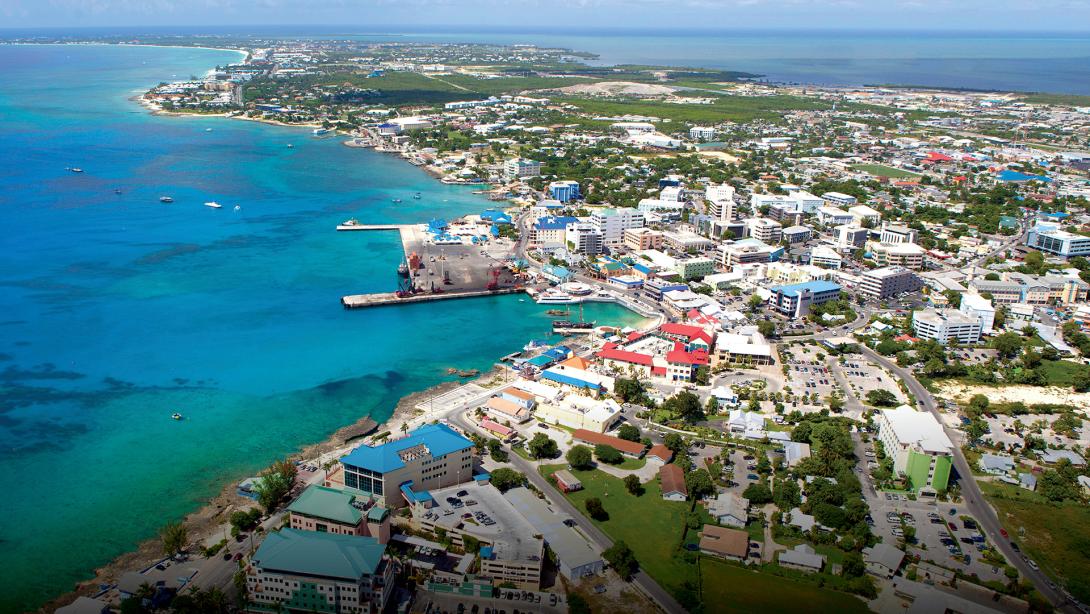
At Ocorian Law, we understand that dealing with the probate process can be overwhelming, especially when it involves assets situated in the Cayman Islands. By simplifying the complexities of probate, our aim is to support you in efficiently navigating the legal requirements and ensuring a smooth administration of Cayman Islands assets.
We recently sat down with Tian Peralto Levers, an Associate at Ocorian Law in the Cayman Islands, to explore the Cayman Islands estate administration process, the types of grants involved and the procedure for obtaining a grant of probate or letters of administration as well as resealing a foreign grant of probate or letters of administration.
Understanding the need for obtaining a grant from the Grand Court of the Cayman Islands
A deceased’s personal representative(s) will be required to obtain, from the Grand Court of the Cayman Islands (the Grand Court), a grant of representation if the deceased died with assets located in the Cayman Islands. This grant of representation serves as formal confirmation that the individual named in the grant has the legal authority to either take ownership of or handle the deceased's assets as well as to act on behalf of the deceased’s estate in the jurisdiction.
Immovable & movable property considerations
Grants can be made concerning two types of Cayman Islands assets:
- Immovable property: a grant can be obtained in relation to land or any interest in land (immovable property) in the deceased’s name located in the Cayman Islands, regardless of the deceased’s country of domicile.
- Movable property: a grant can also be obtained in relation to the deceased’s personal estate (movable property) either (i) located in the Cayman Islands whether the deceased was domiciled in the Cayman Islands or outside of the Cayman Islands or (ii) located anywhere if the deceased was domiciled in the Cayman Islands . A deceased’s personal estate includes assets such as bank accounts, tangible assets physically present in the Cayman Islands as well as shares in Cayman Islands companies, the latter being the most frequent type of asset we usually see in this scenario.
When the deceased died domiciled outside of the Cayman Islands
Personal representatives of individuals who were not resident or domiciled in the Cayman Islands at the time of their death may still apply to the Grand Court to be issued with a grant, provided there is a sufficient connection between the deceased and the Cayman Islands.
Additionally, the Grand Court can reseal a grant issued by a foreign court. This would give the foreign grant like force and effect in the Cayman Islands as if it had been made in the Cayman Islands.
Types of grants
The type of grant required will depend on several factors, such as whether the deceased had a valid will or not, and includes:
- Grant of probate: If the deceased left a valid will, the executor or executors named in the will may apply for a grant of probate. This grant validates their authority to administer the estate according to the provisions outlined in the deceased’s will.
- Grant of letters of administration: In cases where the deceased died without making a will (dying intestate), a grant of letters of administration may be sought. This grant empowers the administrator to handle the deceased's estate and distribute the assets to those entitled to them under the relevant succession laws.
- Grant of letters of administration with will annexed: If the deceased made a will, but it fails to validly appoint an executor, a grant of letters of administration with the will annexed may be sought.
- Resealing of foreign grant: A grant of probate or letters of administration obtained from a foreign court may be resealed by the Grand Court. The resealed foreign grant will then have the same legal effect as if it had been granted by the Grand Court.
The application process
Within six months of the deceased’s date of death, an application for a grant of probate or letters of administration must be made. If this timeline is not met, a separate application for special leave to apply out of time must be submitted to the Grand Court. A resealing application conveniently may not require a separate application for special leave to apply out of time even if the resealing application is not made within six months of the deceased’s date of death.
The application process for a grant of probate or letters of administration involves several steps as summarised below:
- Court application: Ocorian Law will prepare a standard court application, providing relevant details about the deceased and his or her estate as well as the applicant (i.e. the intended personal representative of the deceased), which will need to be signed by the intended personal representative (either the executor specified in the deceased’s will, or the person who wishes to administer the estate if no executor has been validly named).
- Affidavit: Ocorian Law will prepare an affidavit to support the application, which will include information such as the deceased’s date of death, domicile, marital status, heirs as well as his or her Cayman Islands property and its estimated value.
- Documentation: If the deceased made a will, the deceased’s original will or a certified copy of the deceased’s will, along with a certified copy of the deceased’s death certificate, will accompany the supporting affidavit. An application for the resealing of a foreign grant requires additional documentation such as a copy of the foreign grant. This type of application may also require an affidavit of foreign law to be filed. An application for a grant of letters of administration where there is no will, in addition to the documents listed above, requires a bond of twice the value of the deceased’s estate with one or more sureties.
- Advertising: If the deceased died domiciled in the Cayman Islands, the probate application is published in the Cayman Islands Gazette and letters of administration are published on the Grand Court’s Notice Board and in the Cayman Islands Gazette.
- Timing: Typically these sorts of applications are reviewed and granted by a judge in chambers based on the submitted documents, without the need for a court hearing. We have observed that the process has recently been taking three to four months for the Grand Court to finalise the relevant order.
Responsibilities after the grant has been obtained
Once the relevant grant has been obtained, the executor or administrator has specific obligations to fulfil, including:
- Inventory filing: Within six months (unless granted an extension by the Grand Court) of the grant’s issuance, the executor or administrator must file an inventory of the deceased’s estate with the Grand Court, detailing its assets (if this was not filed previously).
- Completion affidavit: Within twelve months of the grant's date, an affidavit must be filed with the Grand Court, confirming the completion of the administration of the Cayman Islands estate.
Ocorian Law: your trusted expert in probate matters
When it comes to navigating the complex probate process in the Cayman Islands, Ocorian Law is here to assist. We specialise in helping clients based outside the Cayman Islands with obtaining grants of probate or letters of administration as well as resealing foreign grants. Our experienced team understands the challenges of estate administration and aims to make the process as efficient as possible.

